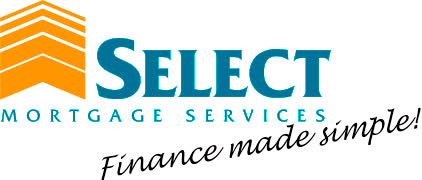Lenders Mortgage Insurance: What is it and what can affect the cost?
What happens when you have less than a 20% deposit on a home loan?
You’ll be required to pay for Lender’s Mortgage Insurance (LMI).
In 2016, Australia’s biggest mortgage providers QBE LMI and Genworth Financial released a report on LMI that found 70% of borrowers mistakenly believe that LMI is designed to protect the borrower in case of a loan default. In reality, it’s quite the opposite. While there are separate products designed to protect the borrower, the purpose of Lender’s Mortgage Insurance is to protect the lender.
LMI protects the lender from financial loss in the event the borrower can’t afford to keep up home loan repayments. Under the terms of the insurance policy, a financial institution or lender can make a claim if the borrower defaults and the sale of the property doesn’t cover the value of the mortgage. Be aware that if the borrower defaults on a loan, the insurer who covers the bank can sue the borrower for the amount they’ve lost.
Traditionally, lenders require borrowers to have at least a 20% deposit. However, by using LMI, lenders can offer a lower deposit on a home loan. With LMI, they’ll usually lend up to 95% of the property value. To qualify, the lender will evaluate your ability to meet the regular repayments and relevant policy.
What effects the cost?
• The size of the loan and loan product
The greater amount of money you want to borrow will mean the higher the potential loss for the lender. In this way, the bigger your loan, the higher the cost of insuring it.
• Your deposit amount
Not only will the deposit amount affect your interest rate, but it will also affect the LMI premium you’ll pay.
• Property type
Whether you want to purchase a property as an investment or to live in it, you might find there are slight differences between lenders.
• Employment status
Like when you take out a traditional loan, the lender will assess your employment status. This means depending on whether you are employed full-time or casual, your status will affect the perceived risk of lending to you.
What other costs are involved?
Unlike other insurance products, LMI is a once only premium you can pay at the settlement of the property, which provides the lender with cover for the full term of the loan. To reduce upfront costs, it might be possible to add the premium onto the total loan amount – but its best to speak to your broker about your options. You'll need to pay GST on all LMI premiums and stamp duty subject to your state government regulations.
Taking out LMI can be a hefty cost and its worth looking into some strategies to avoid the cost if you can. Some of the ways you can avoid paying LMI is by having a guarantor or using a financial gift as a deposit.
At Select, we offer no-obligation, quality and free home loan advice to help you reach your financial goals. Give us a call on (08) 9417 3399 to talk to us about home loan options that suit your circumstances.
